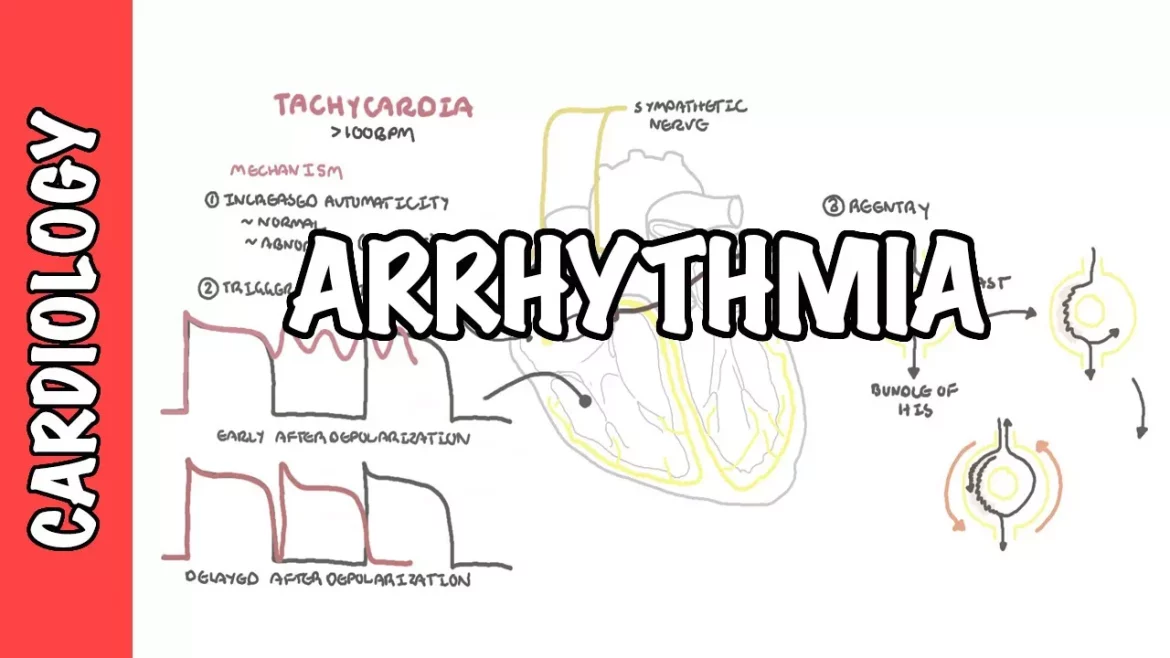Zoloft (sertraline) is a commonly prescribed antidepressant that belongs to a class of medications known as selective serotonin reuptake inhibitors (SSRIs). It’s primarily used to treat depression, anxiety disorders, post-traumatic stress disorder (PTSD), and other mental health conditions. Like all medications, Zoloft can cause side effects, and patients often express concern about its impact on their heart health, particularly regarding heart palpitations. This article delves into what current research and clinical evidence suggest about the relationship between Zoloft and palpitations, providing a comprehensive view for both patients and healthcare providers.
The Mechanism of Zoloft:
To understand the potential side effects of Zoloft, it’s essential to grasp how it works. Zoloft increases the level of serotonin, a neurotransmitter associated with feelings of well-being and happiness, in the brain. By preventing the reabsorption (reuptake) of serotonin, Zoloft effectively increases its availability in the brain, which can help alleviate symptoms of depression and anxiety.
See Also: What Is Arrhythmia Mean
Do SSRIs Like Zoloft Cause Heart Palpitations?
Potential Mechanisms Behind SSRIs Inducing Palpitations
Serotonin’s Role in Cardiac Function:
Serotonin is not only a neurotransmitter but also acts on the cardiovascular system. It can affect heart rate and the function of the heart muscle. Increased serotonin levels can lead to changes in the heart’s rhythm and rate, potentially causing palpitations.
Anxiety and Depression:
Patients with anxiety and depression often experience palpitations as a symptom of their condition. When starting an SSRI, the initial increase in serotonin levels can temporarily heighten anxiety before therapeutic effects are fully realized, potentially leading to palpitations.
See Also: Causes of Paroxysmal Tachycardia
Electrolyte Imbalance:
SSRIs can sometimes cause changes in electrolyte levels, particularly sodium. Hyponatremia (low sodium levels) can have various cardiovascular effects, including palpitations.
Clinical Evidence and Studies
Several studies have explored the link between SSRIs and cardiovascular effects:
Case Reports:
Individual case reports have documented instances where patients taking SSRIs, including Zoloft, experienced palpitations.
These reports highlight the variability in individual responses to the medication.
Population Studies:
Larger studies examining the overall cardiovascular risk associated with SSRIs have shown mixed results. While some studies suggest a slight increase in the risk of arrhythmias, others have not found significant evidence linking SSRIs to serious cardiac events.
Meta-Analyses:
Reviews and meta-analyses of multiple studies have generally concluded that while there is a potential for cardiovascular side effects, the overall risk remains low for most patients.
Clinical Research and Evidence
The majority of clinical trials and studies evaluating the safety and efficacy of Zoloft do not commonly report heart palpitations as a primary side effect. However, in clinical practice and post-marketing reports, there have been instances where patients have reported experiencing palpitations while on the medication.
It’s important to note that the incidence rate of palpitations directly attributed to Zoloft is relatively low. The package insert for Zoloft, which summarizes the results from clinical trials, lists palpitations under the category of infrequent side effects.
This categorization means that while palpitations have been reported, they are not a common occurrence in the general population of Zoloft users.
Patient Experiences And Anecdotal Evidence
Beyond clinical trials, patient forums, and discussions reveal that some individuals taking Zoloft have experienced palpitations. Anecdotal evidence suggests a range of experiences, from mild and transient palpitations to more pronounced and concerning episodes. However, it’s crucial to approach anecdotal evidence with caution, as it is subjective and can be influenced by various factors, including pre-existing health conditions, concurrent use of other medications, and individual sensitivity to SSRIs.
Assessing The Risk: Who Is at Greater Risk?
Certain factors may increase the likelihood of experiencing palpitations while taking Zoloft. These include:
Pre-existing heart conditions
Concurrent use of other medications that affect heart rhythm
History of sensitivity to SSRIs or other medications
Electrolyte imbalances
For individuals with a history of heart conditions or those taking multiple medications, the risk of experiencing palpitations or other heart-related side effects may be higher. It’s essential for these patients to discuss their medical history thoroughly with their healthcare provider before starting Zoloft.
Guidance for Patients And Healthcare Providers
For patients currently taking Zoloft or considering it as part of their treatment plan, the following guidance may help manage concerns about palpitations and heart health:
Open Communication: Always discuss any pre-existing conditions, especially heart-related issues, with your healthcare provider before starting Zoloft.
Monitoring and Reporting: If you experience palpitations or other side effects while taking Zoloft, report them to your healthcare provider. They may adjust your dose or suggest an alternative treatment.
Lifestyle Considerations: Engaging in a healthy lifestyle, including regular exercise, a balanced diet, and stress management techniques, can help mitigate some side effects and improve your overall heart health.
Medication Review: If you’re taking other medications, review them with your healthcare provider to rule out interactions that could increase the risk of palpitations.
Conclusion
While Zoloft can cause heart palpitations in some individuals, it’s a relatively infrequent side effect. The benefits of treating depression and anxiety with Zoloft often outweigh the potential risks for many patients. However, it’s crucial for patients and healthcare providers to work closely together, especially when managing the treatment of individuals with pre-existing heart conditions or those at higher risk of cardiovascular sides effects. Understanding the nuances of how Zoloft may affect heart health is key to ensuring that patients receive the most appropriate and effective care. By maintaining open lines of communication and monitoring for any adverse effects, patients can safely utilize Zoloft as part of their mental health treatment plan.

